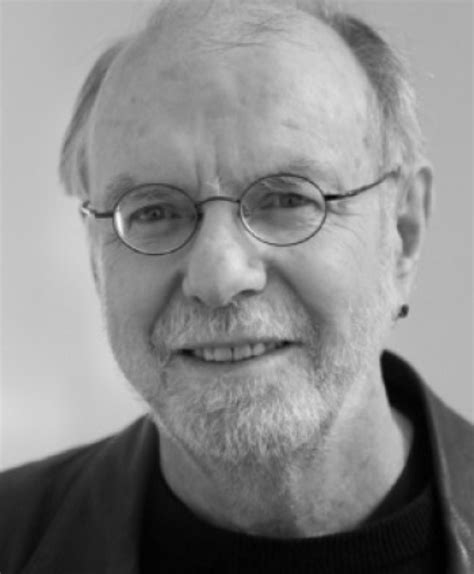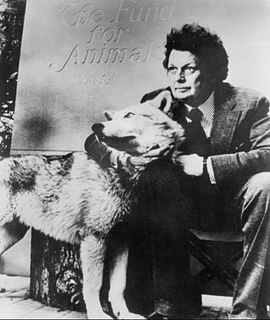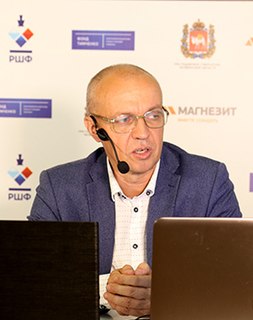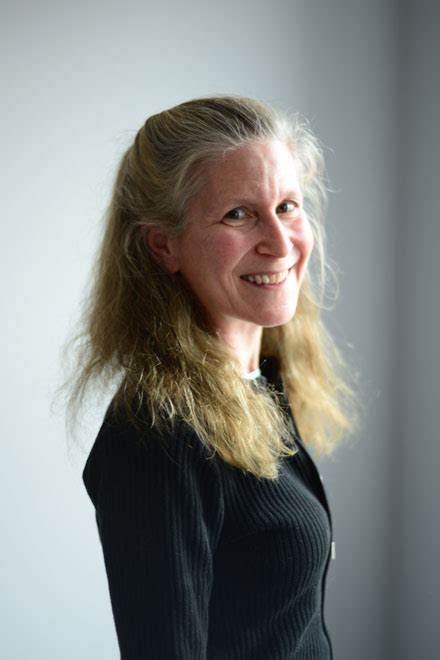A Quote by W. J. T. Mitchell
The great moment I think in human consciousness is when you realize that the object in front of you is perhaps not nameable or is new, it does not fit a stereotype, and so you need to reconfigure your whole structure of knowledge to account for it.
Related Quotes
When does one ever know a human being? Perhaps only after one has realized the impossibility of knowledge and renounced the desire for it and finally ceased to feel even the need of it. But then what one achieves is no longer knowledge, it is simply a kind of co-existence; and this too is one of the guises of love.
It is not enough to say that we cannot know or judge because all the information is not in. The process of gathering knowledge does not lead to knowing. A child's world spreads only a little beyond his understanding while that of a great scientist thrusts outward immeasurably. An answer is invariably the parent of a great family of new questions. So we draw worlds and fit them like tracings against the world about us, and crumple them when we find they do not fit and draw new ones.
Meditation is a teaching which offers you the possibility of breaking free of this egoic state of consciousness and coming into a whole new realization of who and what you truly are. And all this starts with the willingness to question. To pause for just a moment and realize that maybe you aren't who you imagine yourself to be.
Well, think of what I’m doing to you right now. For me I’m the self, and you’re the object. For you, of course, it’s the exact opposite—you’re the self to you and I’m the object. And by exchanging self and object, we can project ourselves onto the other and gain self-consciousness. Volitionally.” “I still don’t get it, but it sure feels good.” “That’s the whole idea,” the girl said.
There are two cardinal human sins out of which all others derive, deviate, and dissipate: impatience and lassitude (or perhaps nonchalance). On account of impatience they are driven out of paradise; on account of lassitude or nonchalance they do not return. Perhaps, however, only one main sense of sin is given: impatience. On account of impatience they are driven out, on account of impatience they do not turn back.
Habit is habit and not to be flung out of the window by any man, but coaxed downstairs a step at a time. You cannot eliminate habits that no longer serve you. You can only replace them with new habits that support your goals. Moment by moment, you need to live with awareness and structure the habits that you include or exclude in your days.
You do not need to belong to the cat for a long time to realize the main thing that cats like to do is to wrap theirselves up in mystery, perhaps only except for a hobby of jumbling up everything that is in order. And if the cat can, and usually so, make a great mystery of where it was when you were searching for it even if a moment ago it was sitting by your side, do not have any doubts: its ancestors had a great pleasure to surround its origin by mystery.
In order to align your life choices with your values, you will need to inquire about the effects of your actions (and inactions) on yourself and others. Although we are always stumbling upon new knowledge that shifts our choices and life direction, bringing conscious inquiry to life means that we continually ask questions that lead us to the information we need to make thoughtful decisions. Asking questions is liberating because we develop great understanding and discover more choices with our new knowledge































